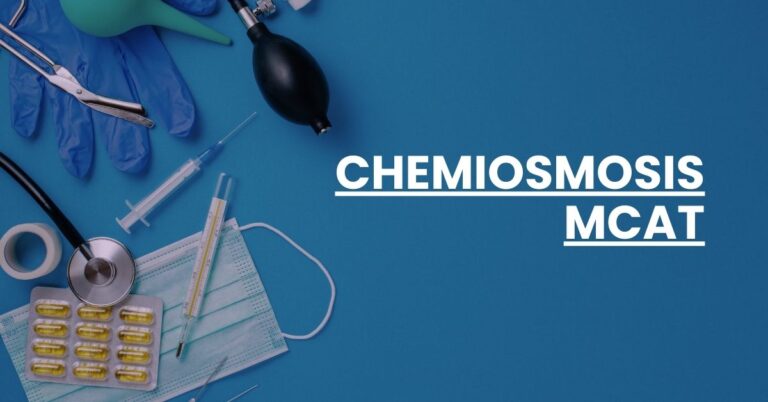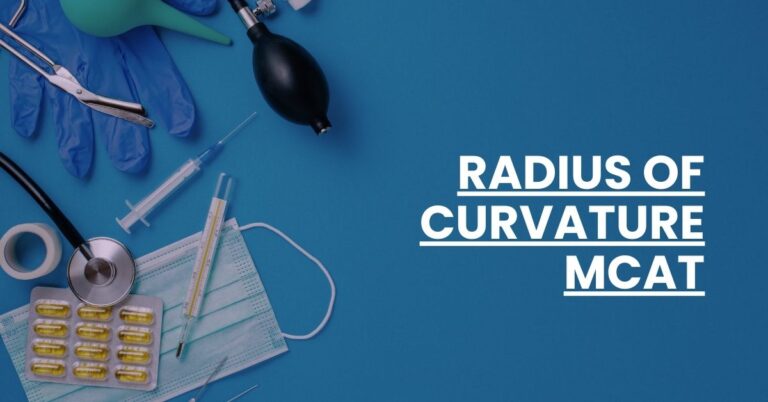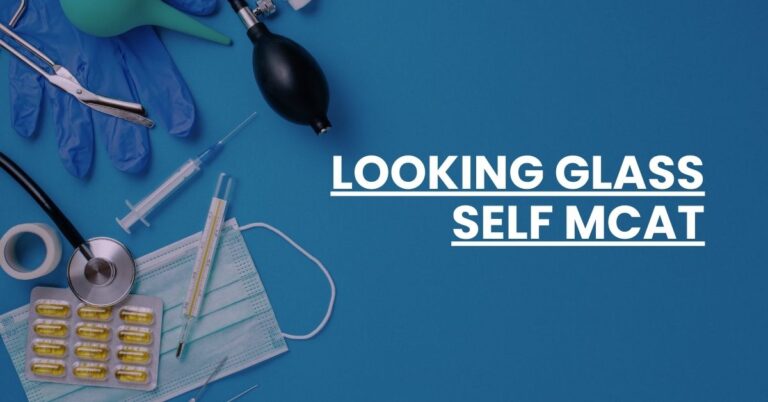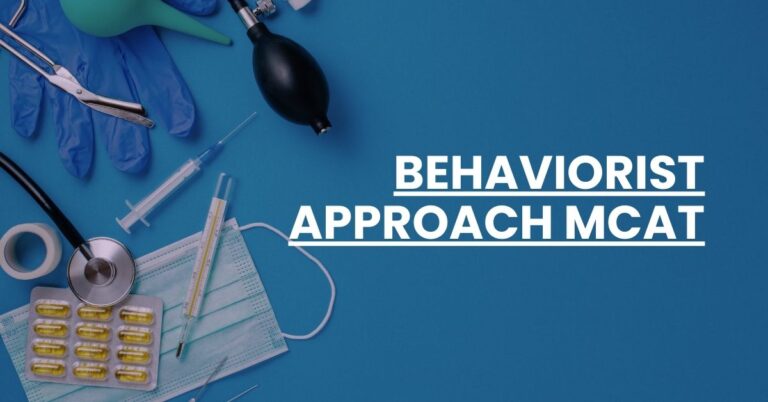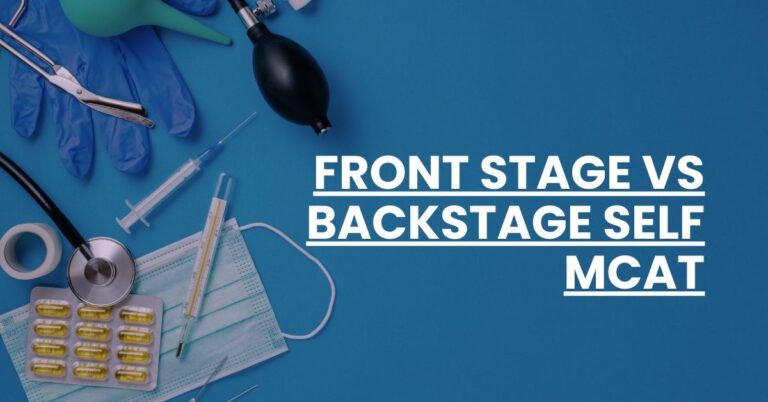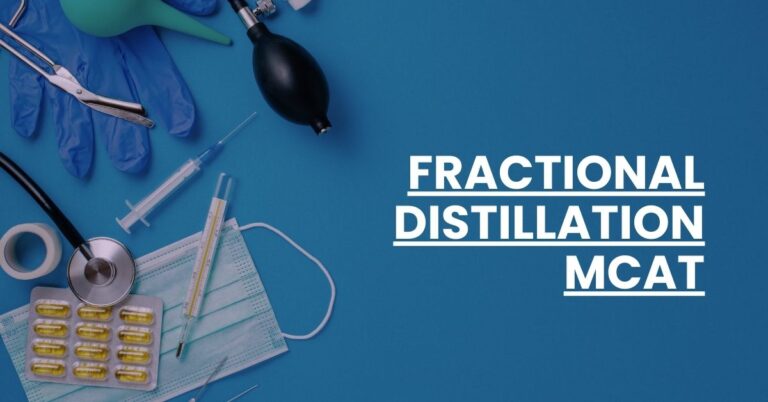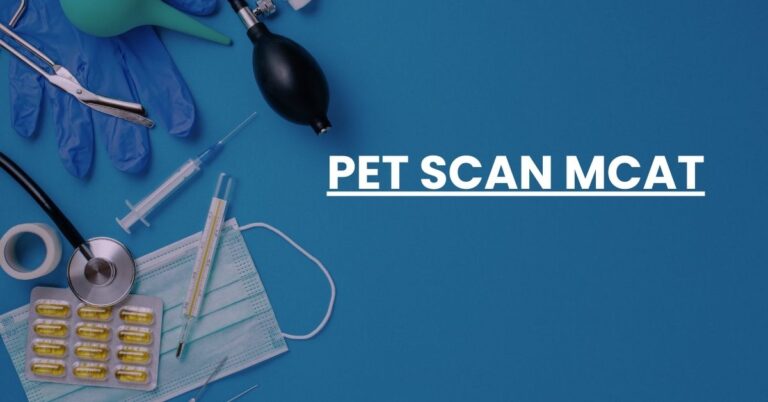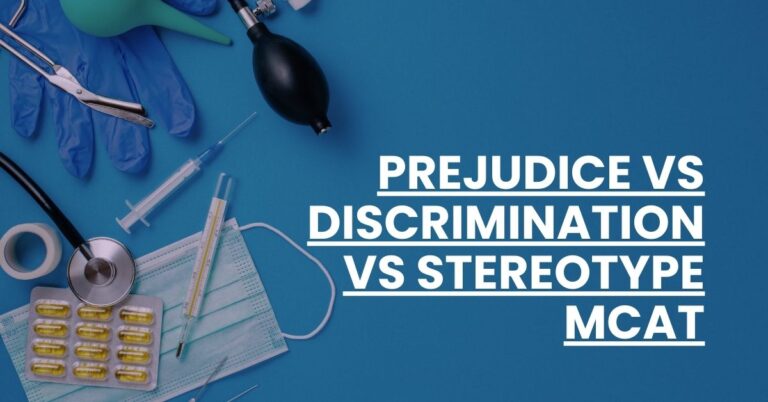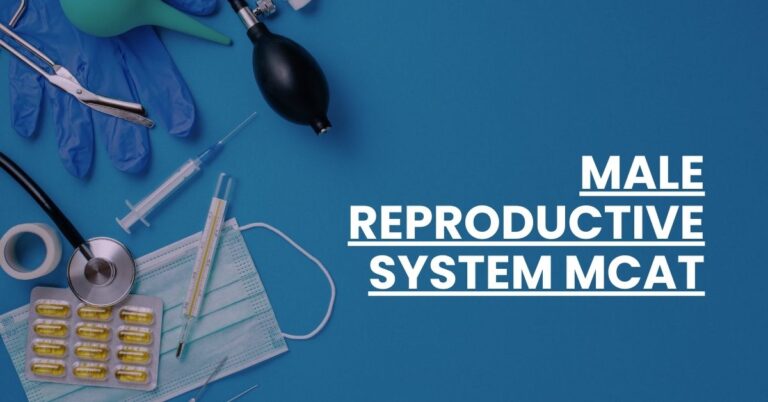LATEST RESOURCES
Reducing sugars on the MCAT refer to carbohydrates that can donate electrons due to the presence of a free aldehyde or ketone group. Understanding these biomolecules is essential as...
Chemiosmosis on the MCAT refers to the process by which cells produce ATP, the currency of energy. It’s essential to understand this mechanism because it’s central to both...
The radius of curvature is a crucial concept in MCAT physics, especially when analyzing lens systems and understanding how light behaves when it encounters curved surfaces. In essence,...
The “Looking Glass Self” concept is a pivotal sociological theory relevant to the MCAT, highlighting how our self-perception is shaped by how we think others see us. It’s...
The behaviorist approach on the MCAT underscores the significance of observable behavior in understanding human psychology, grounded in principles like conditioning and reinforcement....
In preparation for the MCAT, understanding the concepts of front stage and backstage self is crucial for aspiring medical professionals. The front stage self is the persona displayed...
Fractional distillation is a critical concept on the MCAT, essential for separating chemical mixtures based on differing boiling points. This technique is intricately linked to the...
Understanding PET scan MCAT relevance is crucial for exam success.
MCAT Content Inclusion: The PET scan is covered due to its importance in diagnosing and monitoring diseases.
Diagnostic...
Prejudice, discrimination, and stereotypes are pivotal concepts for the MCAT, critically relevant to future healthcare professionals.
Prejudice is a preconceived, often unfavorable,...
The male reproductive system is a pivotal topic on the MCAT, encompassing the anatomical structures, physiology, and hormonal regulation pivotal for understanding human reproduction...
No posts found

